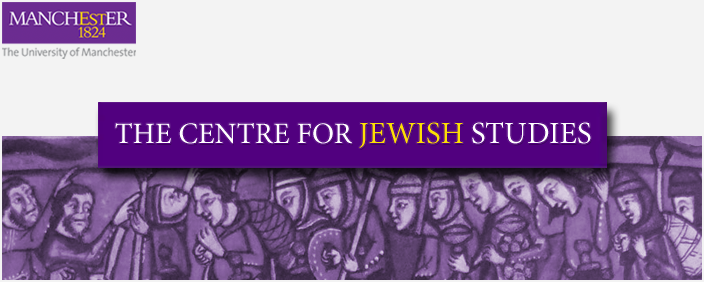Disclosing Post-Holocaust and Deportation Exhumations: The Example of the French National Search Mission for Corpses, 1945-1958
British Academy 'Thank Offering to Britian' Fellowship 2016-17

This is a 12 month research project focused primarily upon the French search for the material remains of the Holocast and related deportations.
Studies on the significance of the corpse in mass violence and wars represent a growing field. This shows the importance of describing the post-Holocaust and post-deportation search missions in Europe. In the final months of the war, deportees' bodies were not incinerated due to the absence of fuel (wood or coal) for the incinerators, for example, in the case of the 'camp-hospital' of Vaihingen (Neckar Valley). Corpses of prisoners who fell during the 'death marches' during their evacuation were abandoned on roadsides or buried quickly and anonymously by local communities. After liberation, the French state, like most other European states, decided to recover the corpses of deportees who were regarded as Resistance fighters, even the Jews, and to repatriate them. From 1945 on and till the end of the 1950s, the 'Search Mission' devoted considerable resources to strengthening its forensics techniques, earthmoving equipment and identification capacity, with the support of diplomats, deportee organisations and the families of those missing. Works were conducted all over Germany although not further East. Few corpses were found in individual graves; most of the 50,000 ones were exhumed from mass graves and the sorting of bones was a difficult endeavour. Beyond the French search mission, this project will consider three similar administrations: the British, Belgian and Italian ones, the latter known as 'Onorcaduti'.
There are two key research questions: (1) What was at stake in the exhumations of deported corpses? What meaning or purpose did they have? Humanitarian or nationalist? (2) Why were those enterprises forgotten by the Holocaust memory culture that emerged from the 1980s? This study aims to address anew the topic of the aftermath of the Holocaust.





